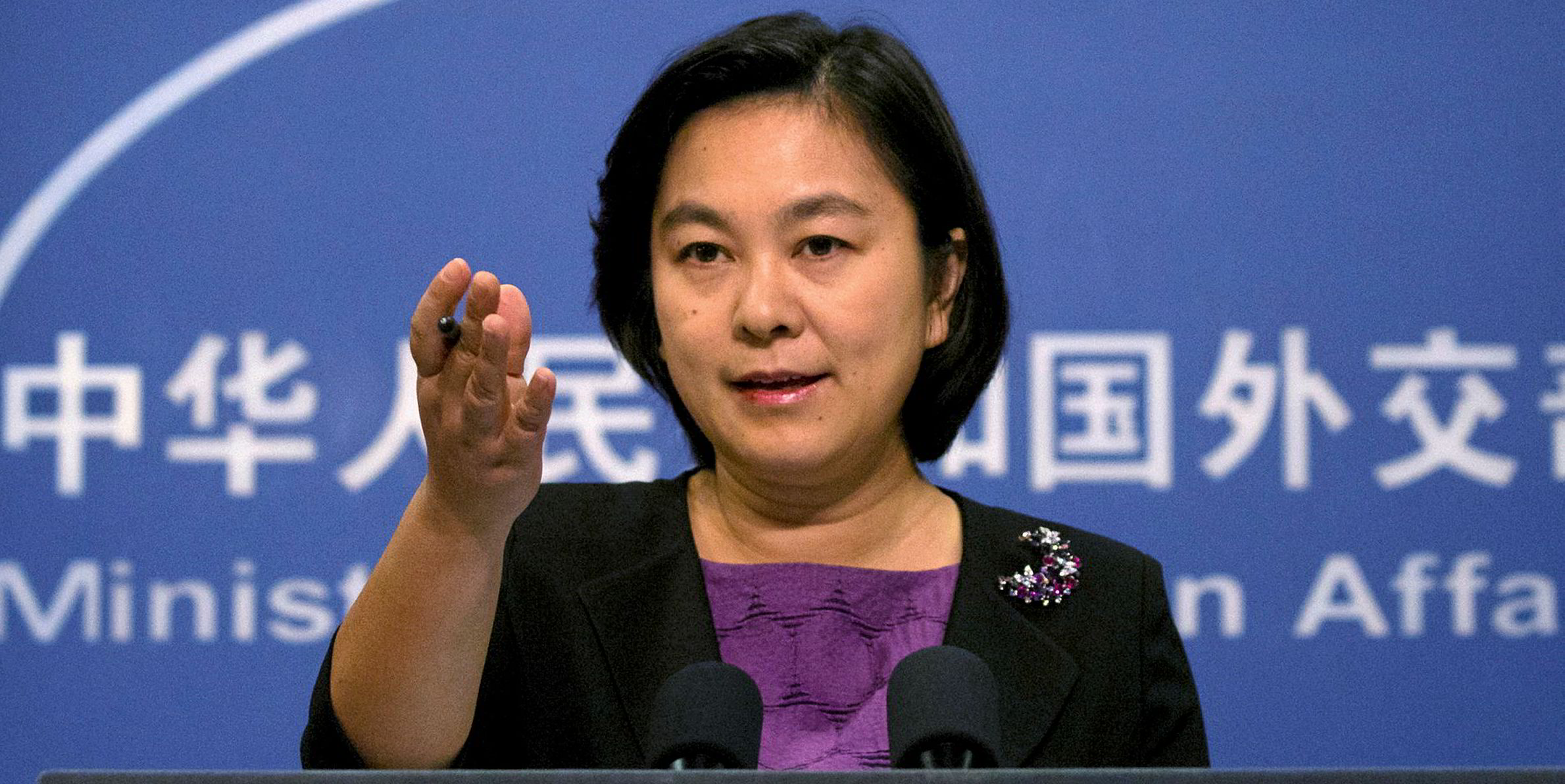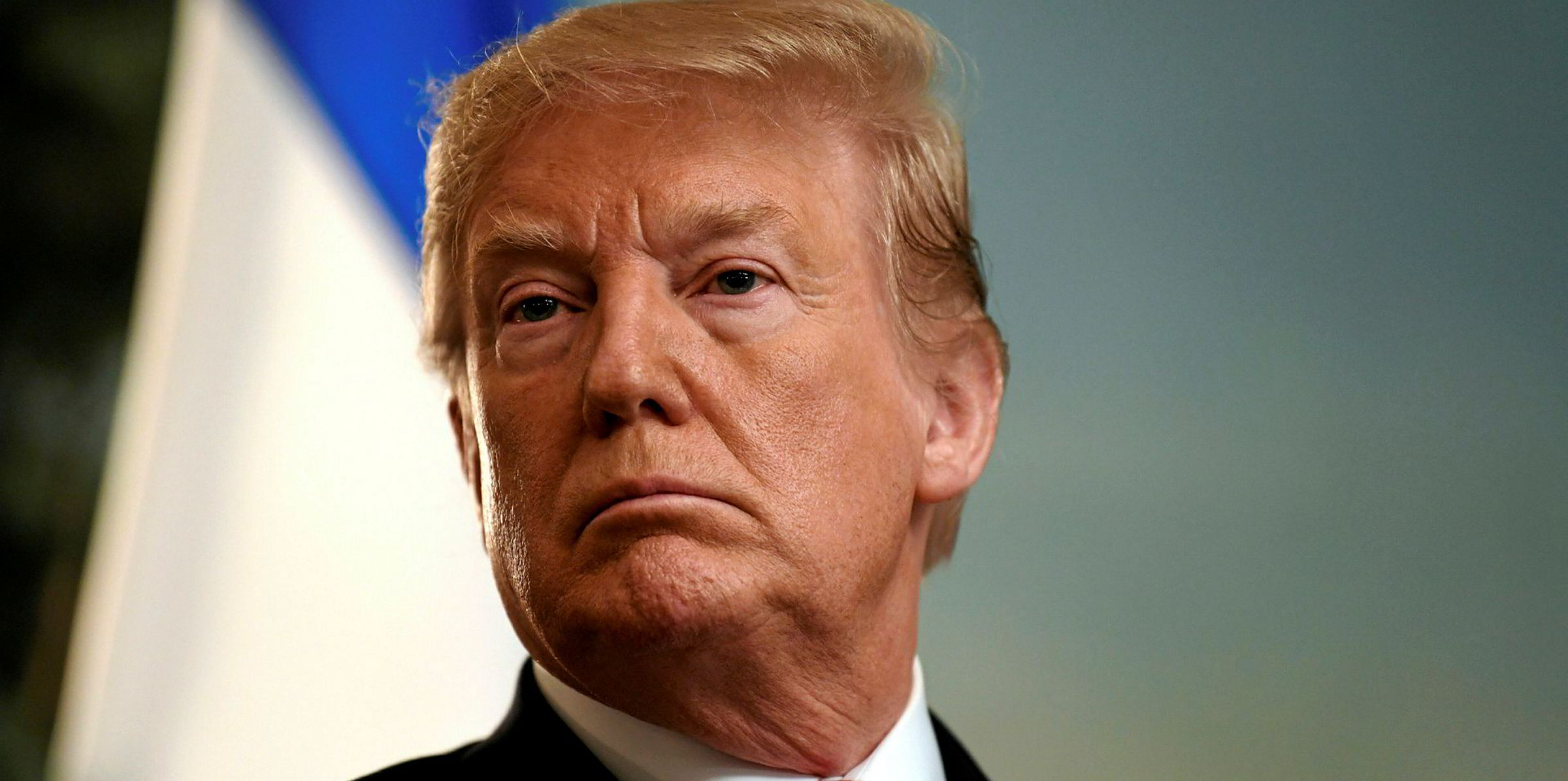China's foreign ministry announced this week that Chinese companies would cease buying agricultural products from the US.
But despite the decision by China's Ministry of Foreign Affairs, numerous Chinese chartering brokers told TradeWinds that they have seen no effect, expect no effect, and have received no official notification from the government or from state-owned charterers of any change.
Several added that the ongoing feuding between China and the US has already changed trading patterns in a way that makes any new boycott of US grain or soybeans irrelevant.
We could not feel any effect on our business because we have not handled a single grain or soybean cargo from the US this year. We do a lot of import business from Brazil and Argentina
China-based international shipbroker
"We could not feel any effect on our business because we have not handled a single grain or soybean cargo from the US this year," said one China-based international shipbroker specialising in panamax and supramax tonnage with significant exposure to agricultural commodities. "We do a lot of import business from Brazil and Argentina."
'Serious violation'
In Tuesday’s announcement, foreign ministry spokesperson Hua Chunying told a Beijing press conference that the purchasing cut is in response to the US government’s additional 10% tariffs on $300bn-worth of Chinese goods.
She called the sudden reversal on a trade detente "a serious violation of the consensus reached by Chinese and American presidents during their meeting in Osaka", referring to the 29 June meeting of Xi Jinping and Donald Trump at the G-20 summit conference, which produced the most recent round of easing in the trade war.
Hua’s statement did not specify whether all or only some Chinese companies have ceased purchases, or whether the government has ordered a particular group of outfits to do so, or whether the companies include only state-owned enterprises or private ventures as well.
“The tariff policy commission of the State Council will not exclude the possibility of imposing tariffs on American agricultural products that are purchased after 3 August,” she told the press conference. “The relevant Chinese companies have stopped buying those products.”
Key weapon
Soybeans have been a key weapon in the US-China trade war. During the farm marketing year that began on 1 September, the Trump administration's trade policy and Chinese reactions brought US soybean exports to China to a halt, interrupted by a December 2018 rapprochement in which China resumed buying US soybeans as part of a brief truce. From September to May, US farmers exported only about 5.9 million tonnes of soybeans to China, or about one-fifth of the normal volume.
The trade froze again in May after a new round of Trump tariffs, and restarted after the Osaka summit, with China buying a reported 14 million tonnes of beans from US exporters, mostly for delivery during July and August.
In addition to unpredictable turns in US trade policy, a number of unexpected factors have complicated the overall picture.
In China, an African swine fever epidemic has decimated its pig herd and cut its previously voracious demand for soybeans for use in livestock feed. In South America, competing exporters have partially picked up the slack in demand for US soybeans, possibly for re-export to China.





